China is open to holding dialogues with the European Union to resolve trade frictions and will take all necessary measures to safeguard the legitimate interests of Chinese companies, said senior Chinese commerce officials in Europe.
During their meetings with business leaders of Chinese-funded companies in Spain and Greece over the weekend, Chinese Commerce Minister Wang Wentao and Vice-Commerce Minister Ling Ji said that the legitimate concerns of China and the EU should be addressed to prevent further escalation of trade frictions, according to statements released by the Ministry of Commerce on Sunday and Monday, respectively.
Their remarks came in response to the EU's recent intensive investigations into Chinese products like electric vehicles, railway locomotives, and equipment used in photovoltaics, wind power generation, security inspections and healthcare.
These investigations, conducted under false pretexts such as the "China overcapacity" narrative and "unfair competition", involved discriminatory use of trade remedies, international procurement instruments and foreign subsidy regulations, said Wang in Barcelona on Saturday, adding that these actions are escalating the risk of increased trade frictions between China and the EU.
Leaders of France, Germany and the EU have repeatedly vowed to avoid a trade war, expressing support for a rules-based multilateral trade system and an equitable environment for competition, said Wang.
"We hope that the EU will act consistently and refrain from conducting anything that could lead to an uncontrolled escalation of trade frictions," said Ling in Athens on Sunday.
If the EU insists on continuing to suppress Chinese companies, China has the right and sufficient capability to take measures to defend the legitimate interests of its companies, said Ling, who is also deputy China international trade representative.
Chinese companies have positively contributed to the economic and social development of many European countries, and there is significant potential for bilateral cooperation in areas such as logistics, high-end manufacturing, green energy and agricultural trade due to their strong complementarity, said Yang Chengyu, an associate researcher at the Institute of European Studies of the Beijing-based Chinese Academy of Social Sciences.
However, disregarding the mutually beneficial cooperation between China and EU members, the EU has initiated investigations this year into Chinese investments in Europe and public procurement bids involving Chinese companies, according to information released by the Commerce Ministry.
High-quality and affordable industrial products manufactured in China are exactly what the current European market needs. European companies operating in China have also reaped substantial profits from China-EU trade and China's lucrative market, said Yang.
Echoing the sentiment, Zheng Chunrong, director of the German Studies Center at Tongji University in Shanghai, said that the current state of China-EU trade is characterized by deep interdependence. Many cars exported from China to Germany and the rest of Europe are not solely produced by Chinese companies. Their components come from European manufacturers too.
"If the EU imposes tariffs, it will harm European businesses in China," said Zheng. "Economic and trade issues should be addressed through multilateral mechanisms like the World Trade Organization, resolving disputes through negotiation."
"Compared to the United States, most European countries are more inclined to uphold and adhere to multilateral rules," he said.
China-EU trade amounted to 1.75 trillion yuan ($241.5 billion) in the first four months of 2024, dropping 1.8 percent year-on-year and accounting for 12.7 percent of China's total foreign trade value during the same period, data from the General Administration of Customs showed.









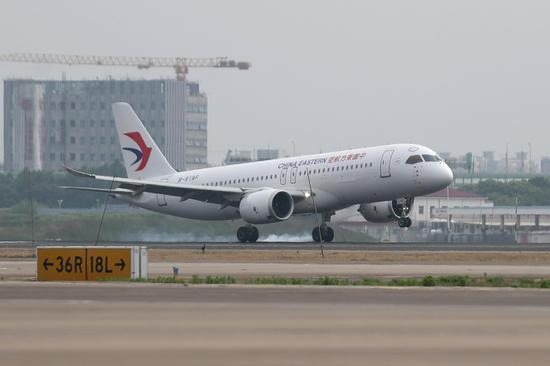

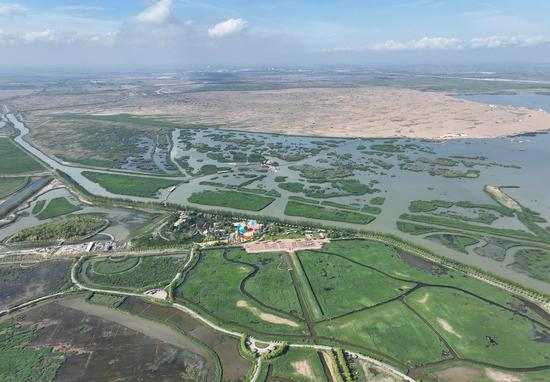
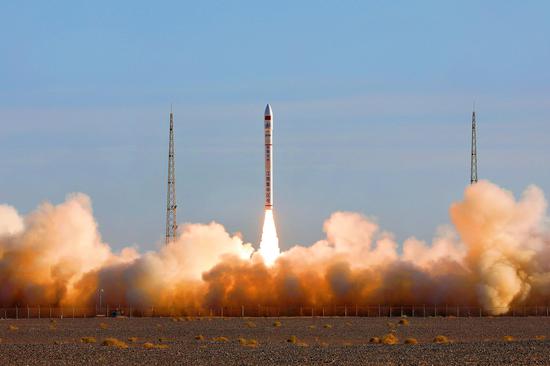
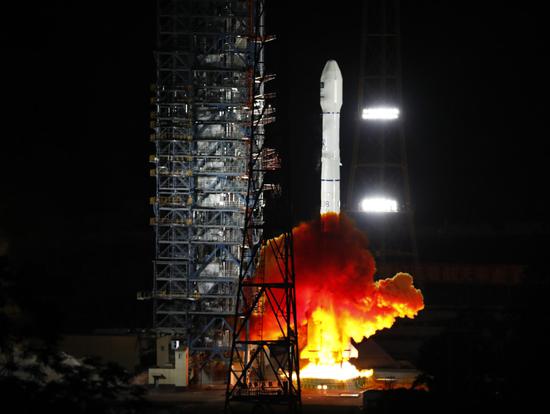
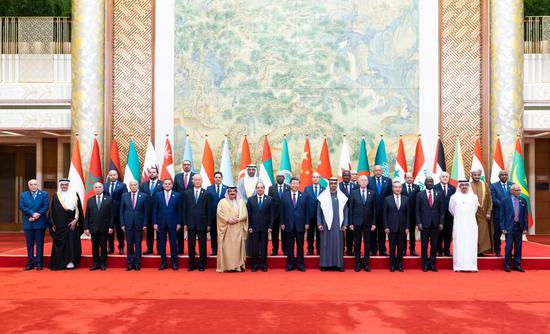

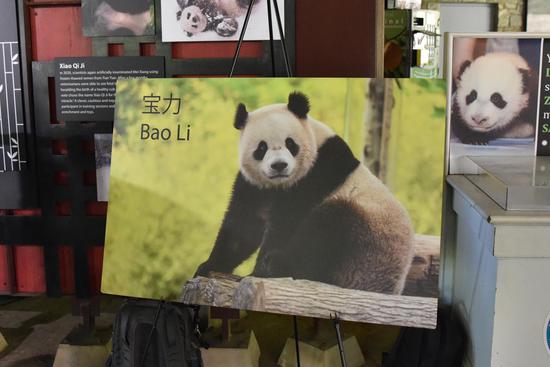
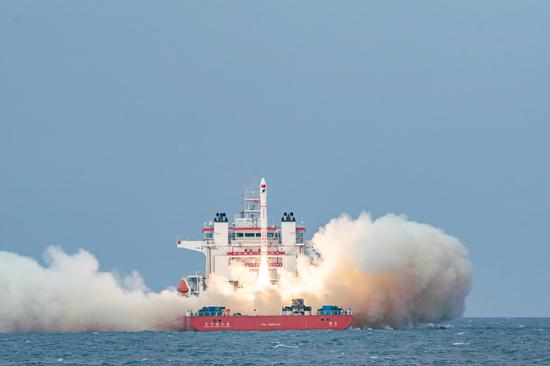

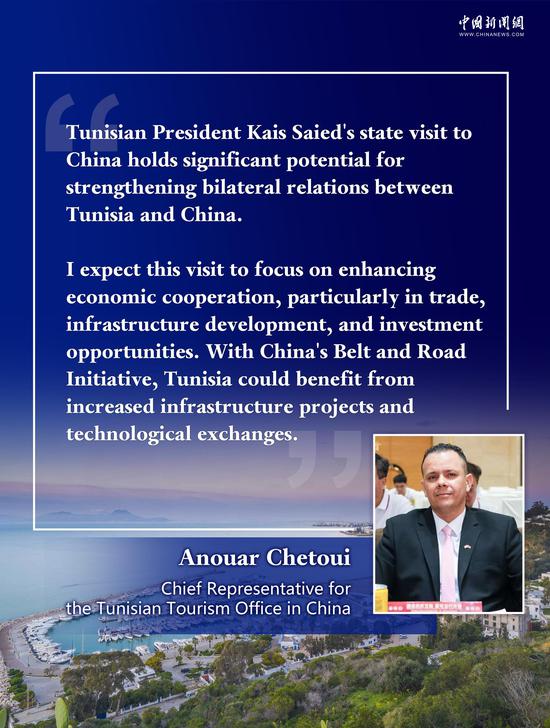

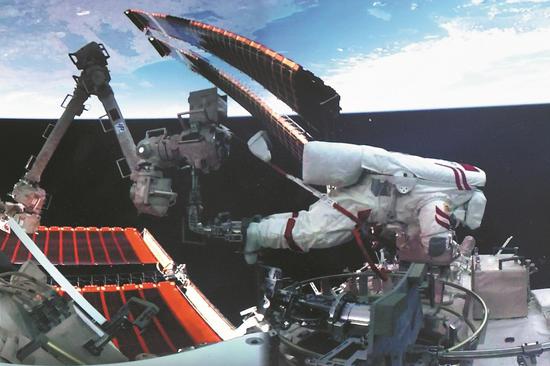


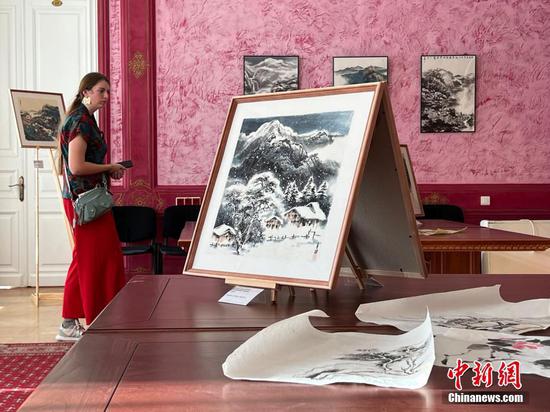

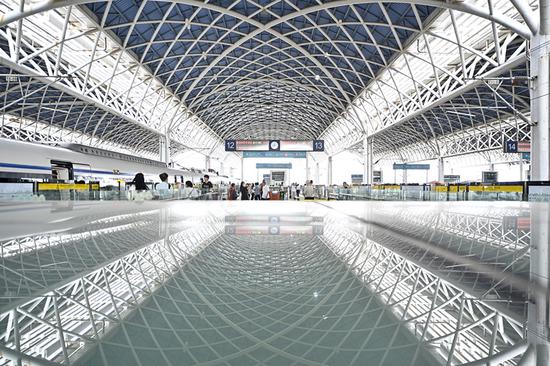
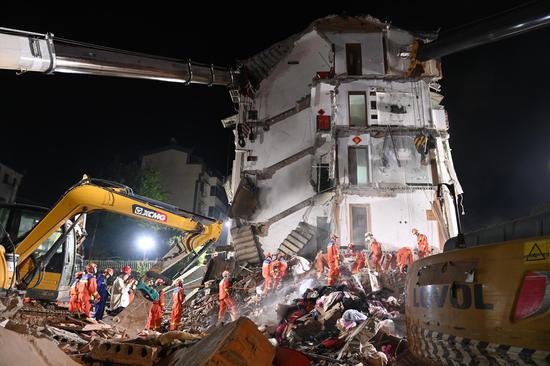


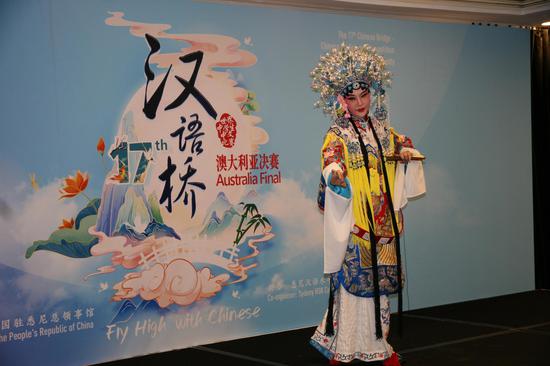



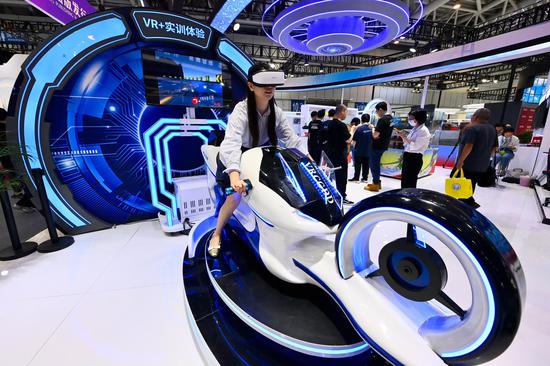
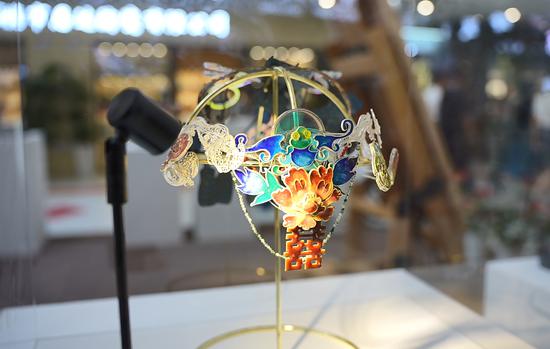
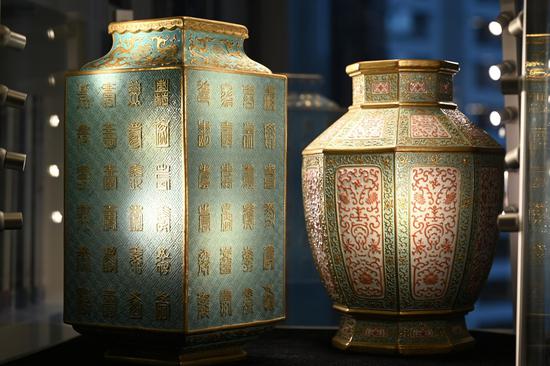
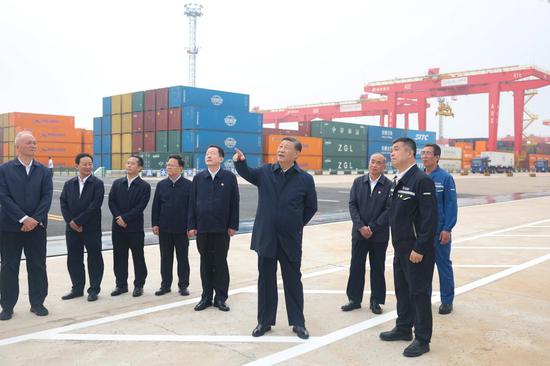

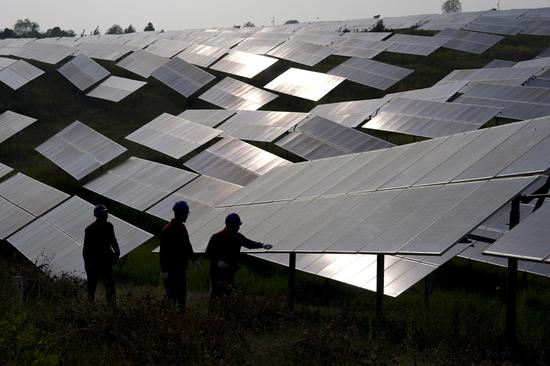

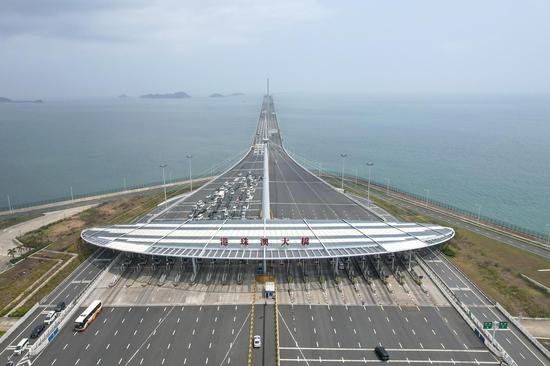

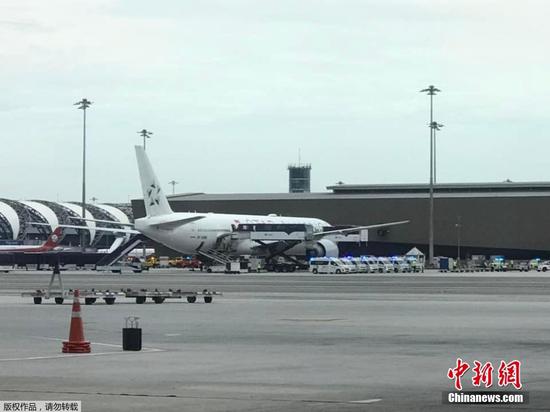






 京公网安备 11010202009201号
京公网安备 11010202009201号